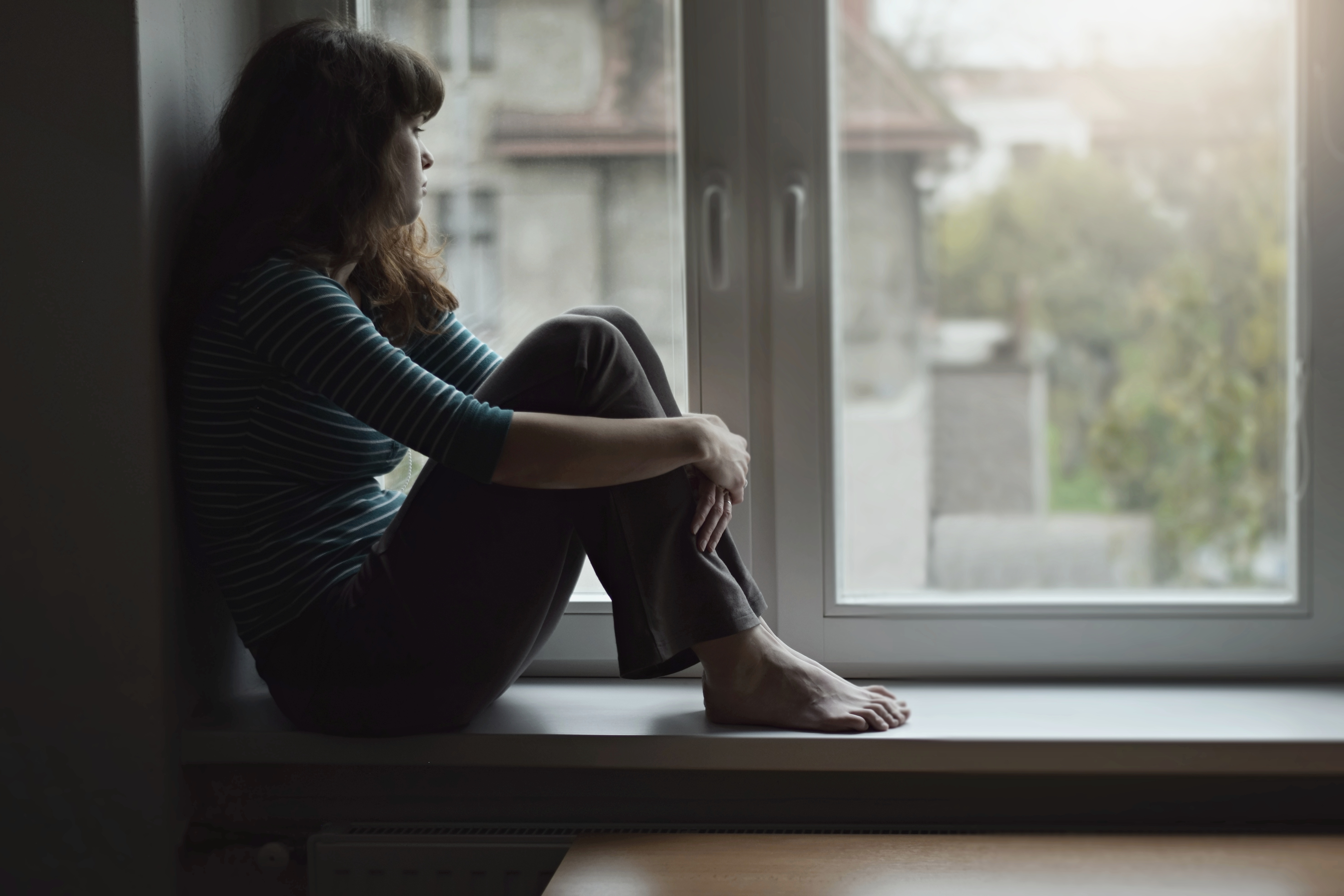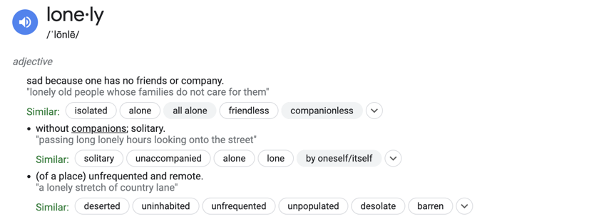Alone vs. Lonely
Nehemiah McClendon, M.Ed.

Nothing is better than those moments you have by yourself cuddled up in your favorite blanket watching Love Island or legs stretched out having a drink watching your favorite team go for glory. This alone time is craved, desired, and sometimes needed, but what happens when the clock on alone time strikes lonely? It’s like that peace and comfort we felt only a few seconds ago is stolen away and replaced with anxiety and fear of always. Loneliness is a silent companion that can affect anyone, regardless of age, background, or social status. Loneliness is often followed up with the thought starting with everyone: EVERYONE is getting married, EVERYONE is having a baby, EVERYONE has a bunch of friends and most often EVERYONE is doing better than me. As a therapist, I often witness the profound impact loneliness has on individuals’ lives. It’s not merely the absence of company but a deep-seated emotional experience that can permeate every aspect of one’s existence.

The Nature of Loneliness
Loneliness isn’t just restricted to physical isolation; it can be an emotional state where we feel disconnected and unfulfilled in our relationships, even when surrounded by others. It looks different in different forms:
- Social Isolation: When one lacks meaningful connections or spends excessive time alone.
- Emotional Loneliness: Feeling misunderstood or unsupported, even when people are around.
- Existential Loneliness: A deeper sense of being disconnected from life’s purpose or meaning.
Lonely-19
Oddly enough in a world where everyone is hyper-connected, it might seem paradoxical that loneliness is on the rise. Social media promises connection, yet many feel more isolated than ever. The digital age has redefined how we interact, often replacing genuine connections with superficial online exchanges. This shift can exacerbate feelings of loneliness, as individuals compare their real lives to curated online personas. They are leaving us to go into a scramble of non-stop strolling or swiping through endless feeds, searching for validation and connection in pixels and likes. Loneliness can be a distraction that pulls us away from pursuing our goals, fulfilling our desires, and nurturing genuine, meaningful relationships. Instead of investing in authentic experiences and connections, we find ourselves trapped in a cycle of seeking temporary relief from loneliness through superficial online interactions, which only perpetuates our sense of isolation and disconnection from real-life fulfillment.
Lonely on the Body and Brain
Loneliness isn’t just a passing emotion; it can have serious implications for mental health:
- Depression and Anxiety: Prolonged loneliness can contribute to depressive symptoms and exacerbate anxiety disorders.
- Physical Health: Research shows loneliness is linked to an increased risk of heart disease, weakened immune response, and other physical ailments.
- Self-Esteem: Feeling disconnected can erode self-worth, leading to a cycle of negative thoughts and behaviors.
Steps to Connection
Acknowledging loneliness is the first step toward healing. Let’s get rolling with it:
Asking yourself questions like:What situations or environments trigger feelings of loneliness for me?
How do my thoughts and beliefs about myself contribute to my sense of loneliness?
Next utilizing these action steps
- Self-Awareness: Understanding personal triggers and patterns that contribute to feelings of loneliness.
- Building Connections: Foster genuine relationships through shared interests, volunteering, or joining communities.
- Seeking Support: Therapy offers a safe space to explore feelings of loneliness and develop strategies for coping.
The Path Forward
Overcoming loneliness is a journey that requires patience and self-compassion. It’s about nurturing meaningful connections, both with others and ourselves.
If you’re experiencing loneliness, remember that you’re not alone in feeling this way. Reach out, seek support, and take small steps toward reconnecting with yourself and others. Together, we can navigate the complexities of loneliness and cultivate a life filled with genuine connection and fulfillment.
Discussion questions:
How do you differentiate between healthy solitude and feelings of loneliness in your own life?
What Triggers Your Loneliness?



